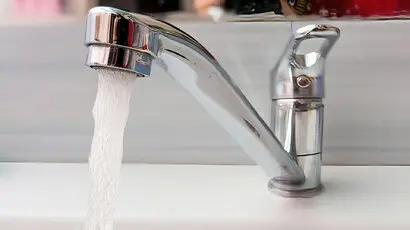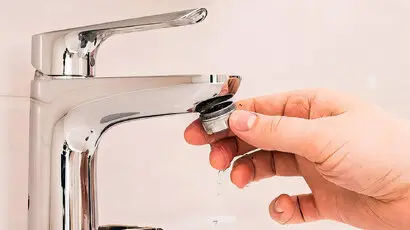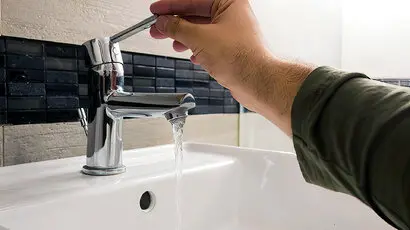Identifying and Addressing Excessive High Water Pressure Issues
Excessive high water pressure can wreak havoc on your plumbing system. Learn how to recognize and tackle this issue effectively.

Water pressure is crucial in everyday life, affecting both our shower experience and the lifespan of plumbing fixtures. In this piece, we’ll delve into why maintaining the right water pressure is important, how to spot signs of excessively high pressure, and practical ways to tackle this widespread household issue.
Whether you own your home, rent, or are just interested in how your plumbing works, this guide offers valuable insights to help keep your water supply balanced and efficient. So, let’s dive in!
High water pressure can be a blessing and a curse for homeowners. On the one hand, it ensures that water flows through your pipes and fixtures forcefully, making for a strong shower and quick dishwashing. However, excessive water pressure in your home can also lead to many problems that may damage your plumbing system and appliances.
Water pressure is typically measured in pounds per square inch (PSI), and a standard range for residential properties falls between 40 and 80 PSI. When the ideal pressure exceeds this range, it’s considered high. High water pressure can strain pipes, cause leaks, and reduce the lifespan of your water-using appliances like washing machines and dishwashers. In addition, it can result in annoying plumbing issues like noisy pipes and dripping faucets.
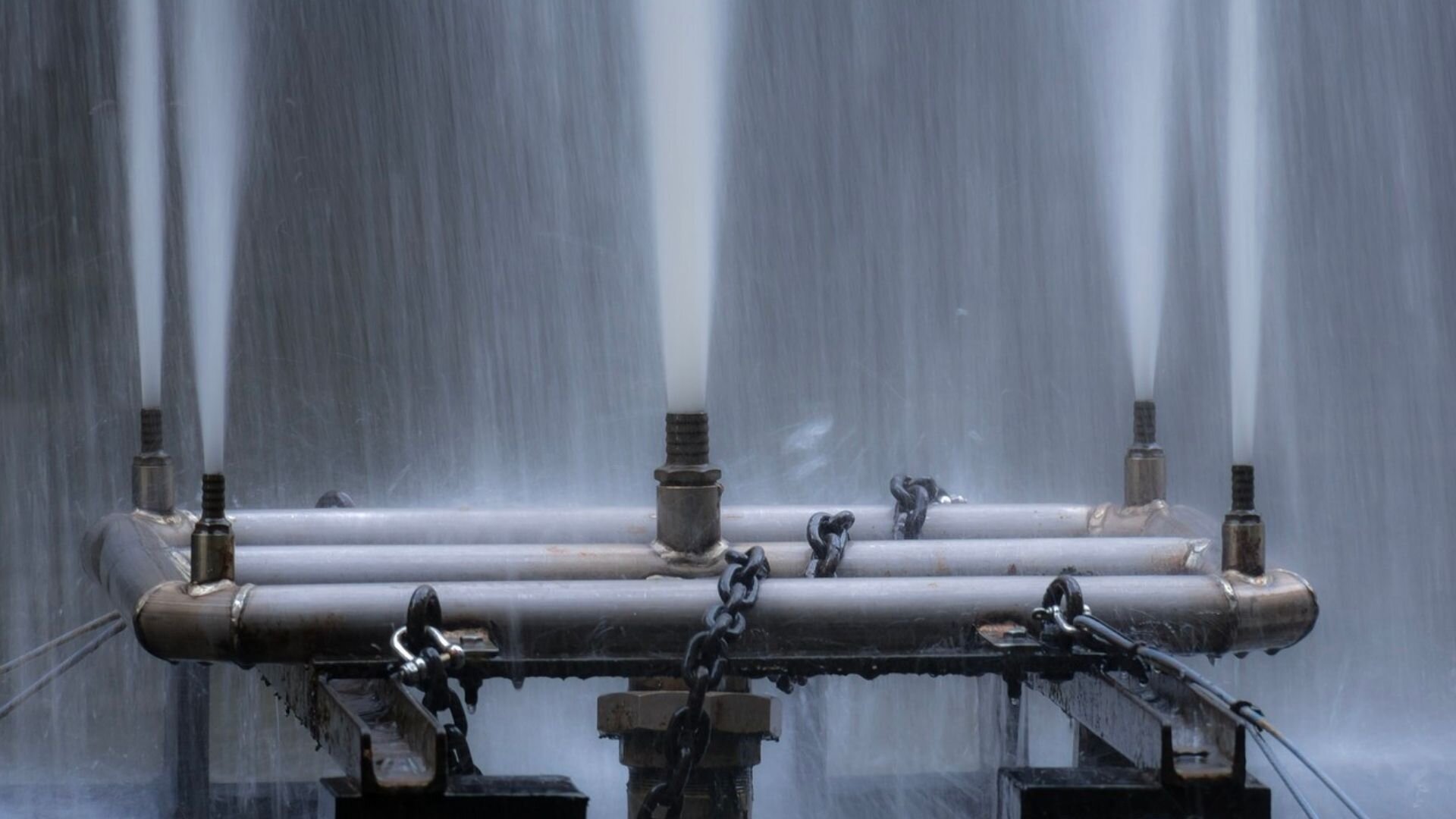
Keeping an eye on and controlling your water pressure is vital. A common fix is installing a water pressure regulator—a handy device that curbs pressure entering your home. Regular checks and quick responses to any issues will keep your plumbing system in great shape, ensuring everything runs smoothly and safely.
High water pressure can be a common issue in many households, and knowing if you’re experiencing it is essential. Here are some signs to help you determine if your water pressure is high:
One of the most obvious signs is pipes frequently bursting or leaking. Excessive pressure can strain your plumbing system, causing weak points to give way.
If appliances like washing machines, dishwashers, or hot water heater tanks are making loud noises, it could be due to high water pressure. The force of the water can cause appliances to vibrate or create banging sounds.
High water pressure can prevent your toilet from filling and shutting off properly. If you hear your toilet running constantly, it might be a pressure-related issue.
High water pressure can significantly shorten the lifespan of appliances, such as water heaters and dishwashers. If you find yourself replacing these appliances more often than usual, it could be a sign of excess water pressure.
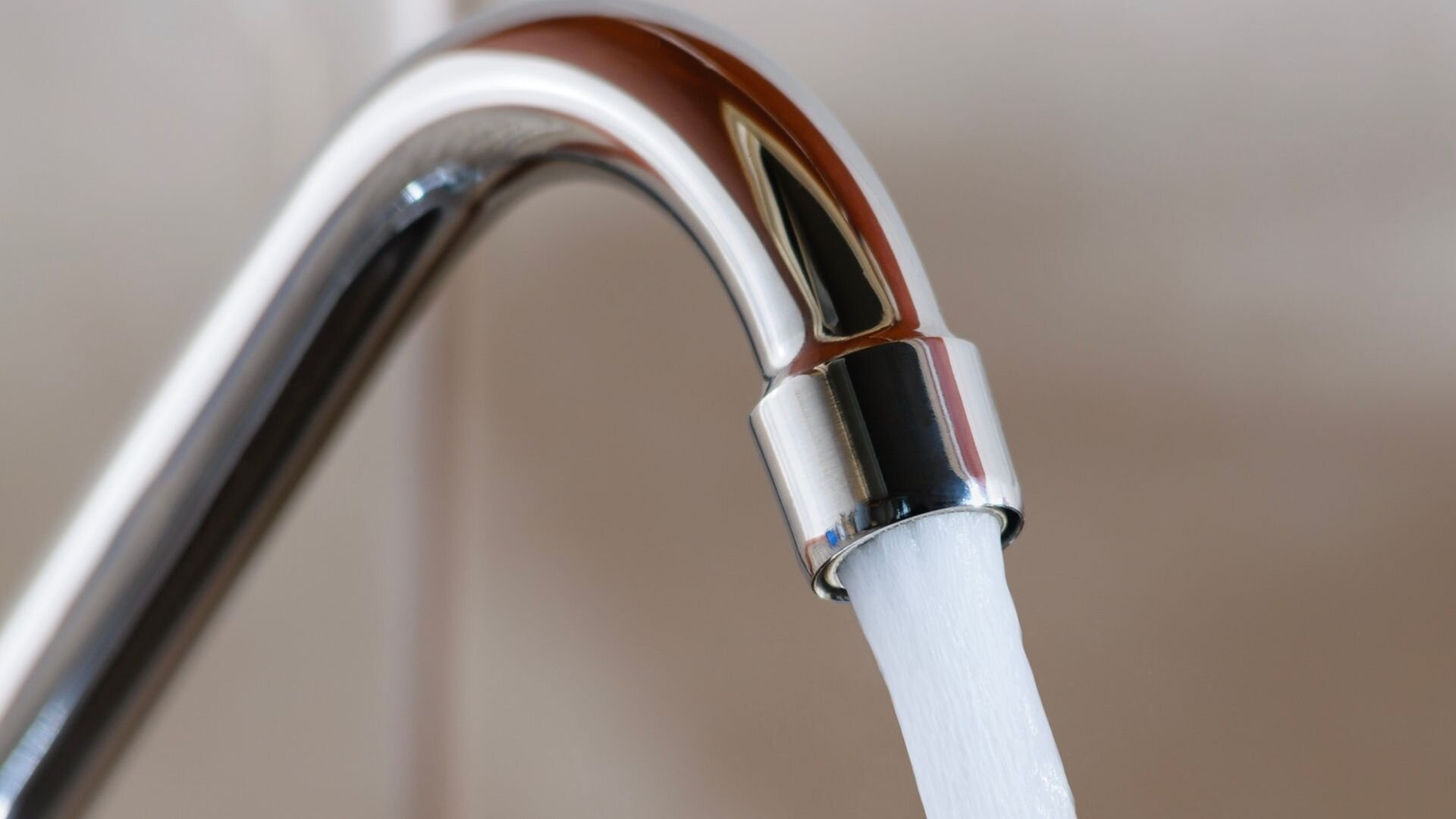
When you turn on a faucet, do you notice a sudden burst of water that splashes out of the sink or hits the back of the basin? This could indicate high water pressure, causing water to exit the faucet forcefully.
High water pressure can make maintaining a consistent water temperature in your shower is challenging. Fluctuations between hot and cold water may be a sign of excessive pressure.
Check for any visible leaks in your plumbing system, especially at connection points like faucets, showerheads, or hose bibs. High-pressure water can cause seals and connections to deteriorate faster.
Consider using a water pressure gauge at a local hardware store to confirm your water pressure is high. If the reading exceeds 80 psi (pounds per square inch), you likely have high water pressure. Addressing this issue promptly is essential to prevent damage to your plumbing and appliances. You can install a home water pressure regulator or consult a professional plumber for assistance in controlling your water pressure to a safe and manageable level.
High water pressure can significantly impact your plumbing system, and not in a positive way. When the water pressure in your pipes exceeds the recommended levels (typically between 40 and 80 pounds per square inch or PSI for residential properties), it places undue stress on your plumbing infrastructure. This excess pressure can lead to various issues, including pipe leaks, leaking faucets, banging pipes, pipe bursts, and premature wear and tear.
One of the primary concerns is the increased risk of leaks. High water pressure can cause joints and connections in your plumbing to weaken over time, leading to leaks that may go unnoticed until they cause significant damage. In addition, the constant strain on pipes can result in bursts, potentially flooding your home and causing extensive water damage.

In addition to physical damage, high water pressure can also result in irritating problems such as noisy pipes, leaking pipes, banging pipes, and leaking faucets that drip incessantly. These issues disrupt daily life and wastewater, leading to high water bills.
To mitigate the impact of high water pressure on your plumbing system, consider installing a pressure regulator, which helps maintain the pressure within the recommended range. Regular inspections and maintenance of your plumbing can also help identify and address any issues caused by excessive water pressure before they escalate into costly repairs.
Safeguarding your home from high water pressure damage is crucial. Fortunately, there are several effective measures you can take to prevent these issues.
First and foremost, consider installing water pressure regulators or a pressure reduction valve (PRV) in your home’s plumbing system. This device will help maintain water pressure within the recommended range, safeguarding your pipes and appliances from excessive stress.
Regular maintenance is another crucial step in preventing water pressure damage. Periodically check your water pressure using a water pressure gauge to ensure it falls within the safe range. If you notice pressure consistently exceeding 80 PSI, consult a professional plumber to adjust or replace your home’s water pressure regulator.

Leak detection systems can also be invaluable. These devices can alert you to hidden leaks caused by high water pressure, helping you address them before they lead to significant damage. Additionally, consider installing water hammer arrestors to minimise the noise associated with high water pressure, which can irritate and indicate potential plumbing problems.
By taking these preventive measures, you can protect your plumbing system, appliances, and property from the adverse effects of high water pressure, ensuring a safer and more efficient water supply for your home.
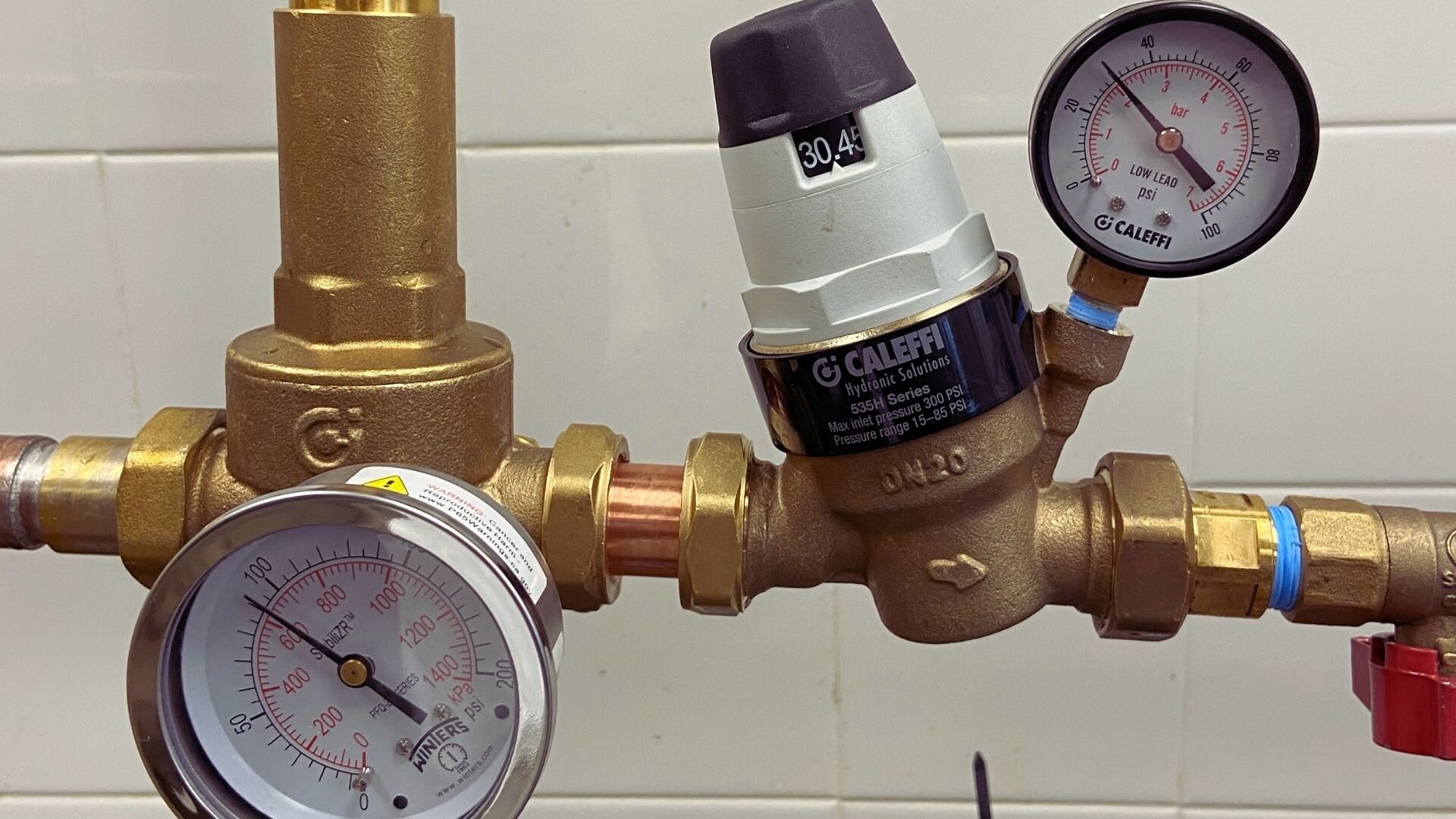
Understanding and managing excessive high water pressure is critical to maintaining a healthy plumbing system and ensuring the comfort and safety of your home. We’ve explored the common signs of high water pressure and practical strategies to address this issue.
If you ever encounter water pressure problems or require expert plumbing assistance, don’t hesitate to contact WP Plumbing. Our dedicated professionals help you keep your plumbing in optimal condition.
Contact us today for expert advice and reliable solutions to all your plumbing needs. Your home’s plumbing deserves nothing less than the best!
Is water running out of a tap at high speed? When left unchecked, high water pressure can lead to serious plumbing issues. Check out our guide to learn more!
Are you having a low water pressure problem at home? Don’t worry! We have curated this article on low water pressure so that you can find the right solution.
Are you wondering about the common causes of low water pressure in the house? Follow our guide as we discuss how you can identify the cause of our water pressure issue.
